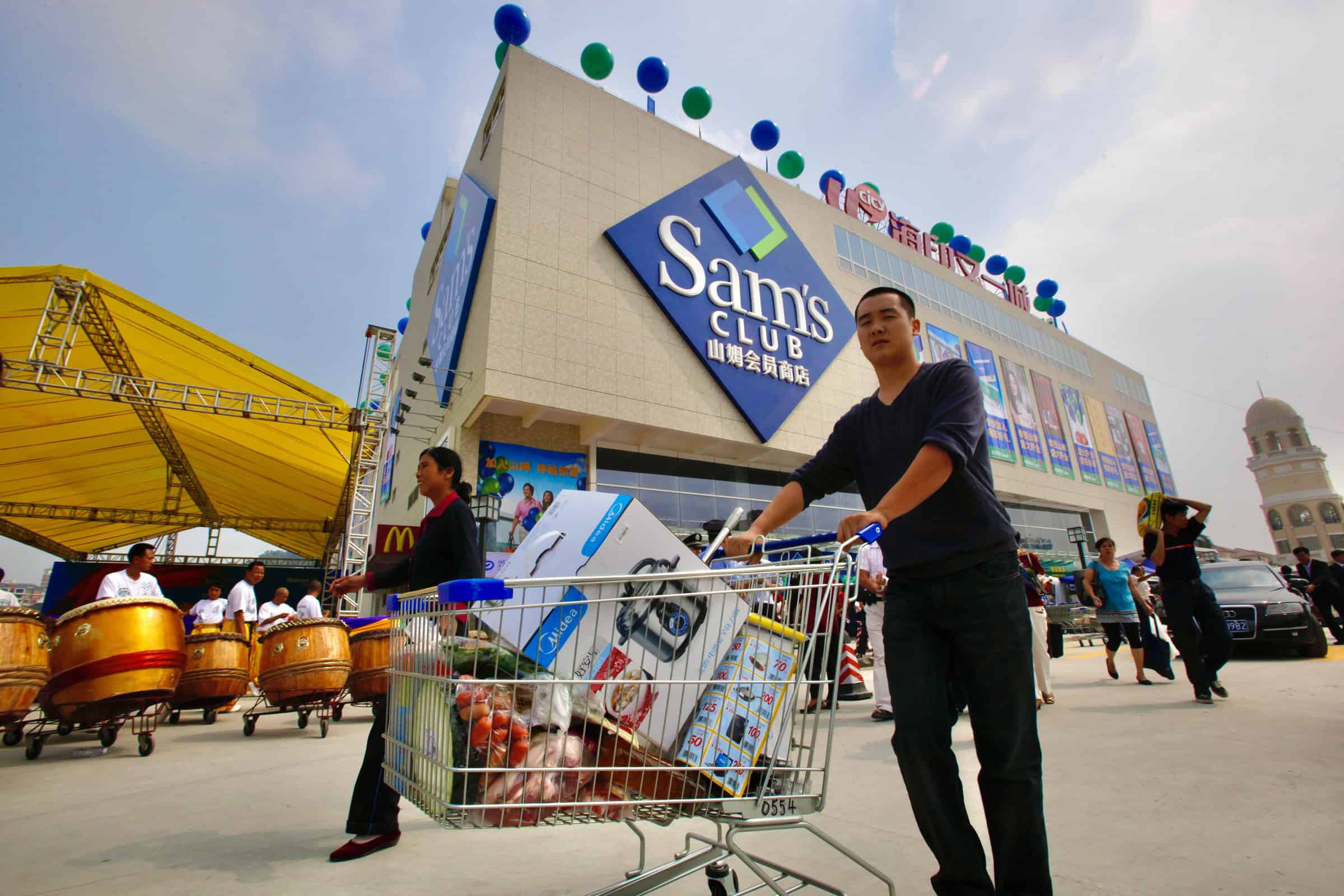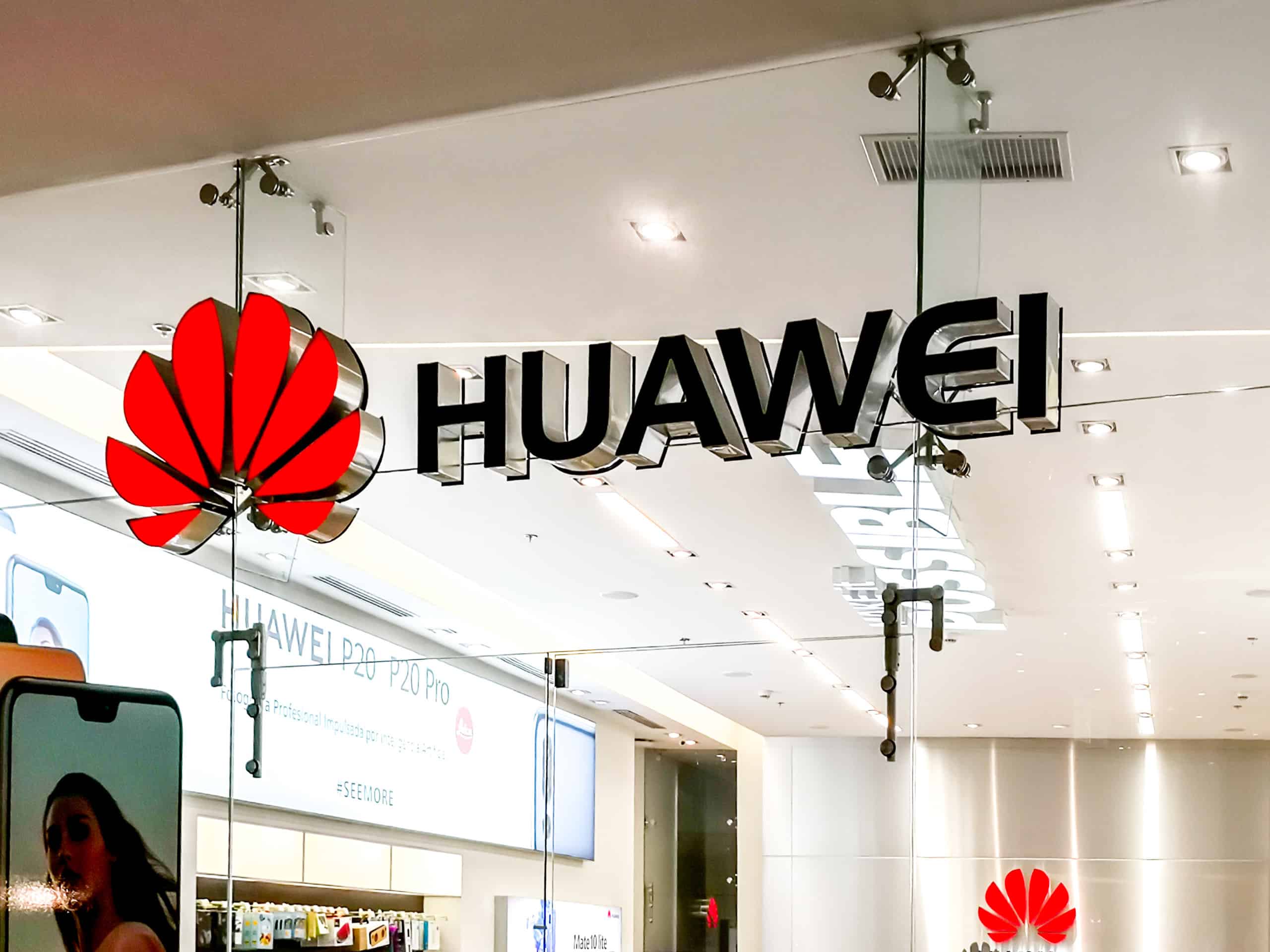In her new book, Gilded Cage: Technology, Development, and State Capitalism in China, Ya-Wen Lei, a professor of sociology at Harvard University, describes how the Chinese Communist Party has extended its social contract with the people of China — to provide stability and economic growth in exchange for the loss of certain freedoms — by leveraging the tools of the high-tech economy to promote a digital domain controlled by the central government. Lei is from Taiwan and is affiliate
Navigate China's Business Landscape with Confidence.
- Gain visibility into supplier risks
- Easily manage trade compliance
- Conduct in-depth due diligence



